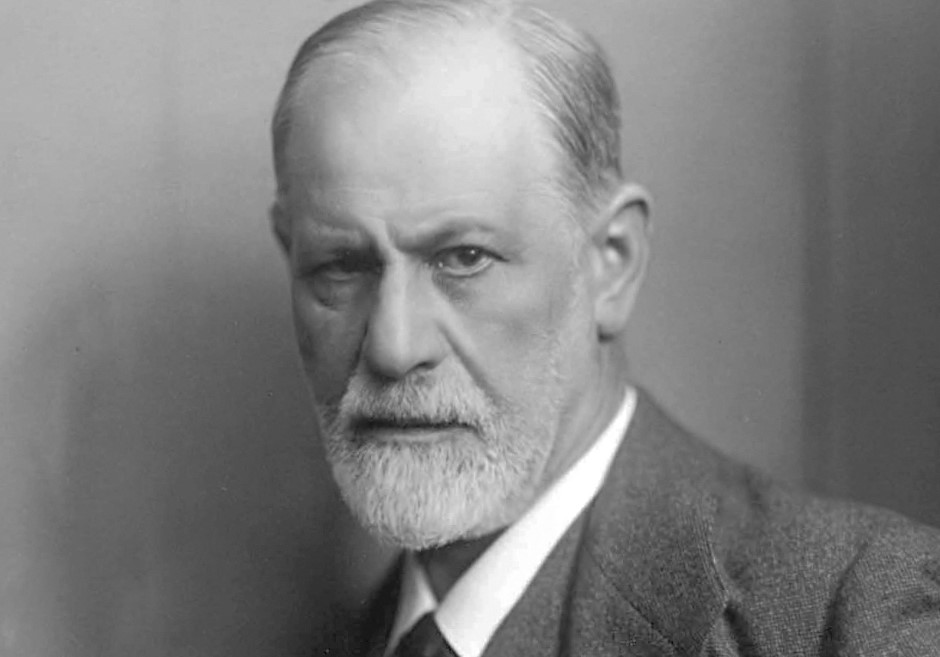What has been the effect of Freud’s thinking on the individual, the family, the community, and the world today? It would be very difficult, from such a close vantage point in time, to estimate the full impact of Freud’s thoughts on our civilization. The poet Freud himself expressed it poetically when he said that he belonged to that group of individuals who disturbed the world’s sleep. Since Freud, man’s view of himself and his institutions has changed fundamentally.
The understanding of unconscious motivation and early impressions in psychoanalysis has dispelled many preconceived notions about the nature of man, the family, social order, and the psychological roots of religion. Freud’s theories placed man within the framework of nature, not only biologically but also psychologically.
The significance he ascribed to biological drives, which many considered the “baser”’ elements of human nature, challenged the accepted and popular view. Religious leaders, criminologists, educators, and sociologists have expressed concern that “unconscious” forces—forces that are moral or immoral, sexual or aggressive, self-seeking or self-destructive—may determine behavior.
To give two examples: First, how offenders and delinquents are judged and treated in the courts and penal institutions has been radically affected by Freud’s contributions. Second, Freud’s teachings have completely changed the way public welfare and charitable work are administered.
Since Freud, this new insight has had a significant impact on the writers and poets of this generation. It has served not only to inspire new forms of art and literature but has also engendered in many authors a different view of man and the nature of moral responsibility.
Read More: Stendhal – Famous French author
